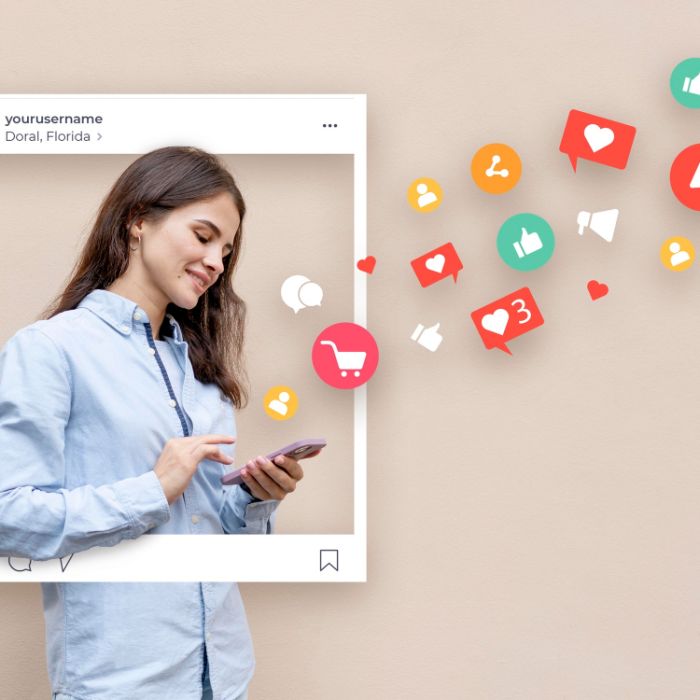It’s No Longer Just Celebrities Whose Tweets Make the News
“I would like to apologize to my wife Kim for going public with something that was a private matter”; Kayne West serves up a morality tale for corporate communications leaders.
Prince William set the standard for using Twitter as a privileged communications channel when he chose the medium to announce his wedding date to ‘Miss Catherine Middleton’ a decade ago. Apart from irritating the (traditional) paparazzi and a few (even more traditional) members of the royal family, the gesture demonstrated the degree to which the media had become disintermediated.
If royals could go direct, than so could anyone . . .
And corporates swiftly followed; most notably Twitter itself which used its own platform to announce its IPO in 2013. A level of hubris (or disingenuity) matched only by the text itself: We’ve “confidentially” submitted an S-1 to the SEC for a planned IPO (my quotation marks . . . ).
A decade on from the Royal Wedding, Twitter and other social media platforms have become established channels for corporate communications; a trend really driven home by the COVID-19 pandemic and subsequent travel restrictions and confinements.
According to research conducted last year by my firm, LatAm Intersect PR, amongst nearly 300 journalists across Latin America, 22% are currently tracking and citing quotes direct from spokespeople’s social media feeds, while a similar proportion are publishing responses and comments sent by spokespeople in real time.
Nearly half (47%) are publishing pre-recorded video or audio interviews sent by organisations wishing to contribute to a story, and 51% are using chat applications to source and cite content from sources.
This is wonderful in terms of news generation, but presents a new set of challenges for communications professionals. When extracting quotes from social media, are journalists making a distinction between a spokesperson’s ‘official’ social media feed and their ‘personal’ channels? Is there a difference; and on what basis?
Are journalists still engaging communications intermediaries (in house or agency-side) or have the latter (like traditional media) also been disintermediated?
Not all these trends are present uniformly across the region. Nearly half journalist respondents from Mexico (49.2%), for instance, regularly sourcing and citing content from social media feeds, followed by Colombia (44.8%); a practice currently adopted by only 28.8% of Brazilian media. Journalists from Chile (43.5%) and Peru (41.7%) affirm that they are now using social media sources more frequently than prior to the pandemic.
But the overall shift is evident and communications professionals need to adapt accordingly. But how?
Firstly, forget being a gatekeeper. That role ceased to exist a decade ago, and the ubiquity of social media compounded by travel restrictions and confinement means that the ‘privileged access’ role the PR profession traditionally assumed has become obsolete.
Let me return to the excruciating apology from my sub-title to this blog. Credit to Kayne West for acknowledging his misstep (which his wife in turn ‘liked’), but corporate spokespeople are less likely to be forgiven so quickly if ‘private matters’ are aired in public.
For all its benefits in terms of transparency and speed, social media laced with real time with a ‘market sensitive’ chaser thrown in makes for a toxic cocktail. Today’s communications professionals are responsible, not merely for propagating their brand stories, but for supporting and protecting those who are charged with conveying it – in many cases, direct – to journalists.
Today, a corporate spokesperson’s social media channel (personal or otherwise) is as fair game for media as Kayne West’s. One could argue that, in both cases, the distinction between private and professional has become irrelevant.
Prince William and Kate Middleton’s Twitter exclusive a decade ago has had profound implications for the PR profession, irrespective of whether spokespeople are celebrities or not!




